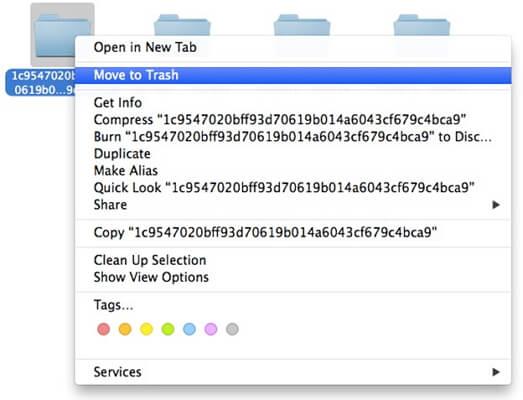

When I replaced -perms with -no-perms, those errors went away and then deleting worked. Most of my errors were due to using the -perms option while syncing with a Non-Linux file system. This is why it is important to address rsync errors. If there are any errors during an rsync scync, rsync will not properly delete the files it should have, even if you used -delete, -delete-after, or -delete-before. See the result ( after rsync): $ ls local/ remote/Īs you can see, the file remote/remote_only has been deleted, the file local/local_only has been synchronized. Sent 160 bytes received 50 bytes 420.00 bytes/sec See what has been created ( before rsync): $ ls local/ remote/Ĭalling rsync: $ rsync -avh -delete local/ remote/ When you are happy, remove it.Ĭreate 2 directories $ mkdir local/ remote/Ĭreate files in them $ touch local/local_only remote/remote_only local/exists_locally_and_remotely remote/exists_locally_and_remotely` Always use this flag initially to prevent data loss.
#RIGHT BACKUP SHOULD I REMOVE IT TRIAL#

#RIGHT BACKUP SHOULD I REMOVE IT MANUAL#
I see some options listed in the manual page for rsync that might do the trick, but since I'm not familiar with. Want the destination folder to perfectly reflect the source folder,Īnd that means deleting any files that have been deleted from the source If that is the case, what is the best way to make rsync do this? I That were deleted from the source folder? Have been changed in the source folder but NOT delete files That have been added to the source folder and change files that


So I have a couple of questions:īy default, does rsync only add files to the destination folder The backup plugin eventually did its job and deleted the older backups, so I was expecting the rsync cron task to subsequently delete the older backups from my Dropbox folder to match the source folder, but it has not done so. I also established a cron task to automatically copy those backups to my Dropbox folder every night using rsync with the -a option.Īfter a few months my Dropbox account reached its storage limit and I realized I would not be able to keep so many backups, so I configured the game server backup plugin to not retain so many backups, then waited a few days to see if it would delete the older backups as it is scheduled to do on a weekly basis. I installed a backup plugin for each game server that creates frequent backups of game world files in a particular folder on the machine. I recently set up a machine with Ubuntu Server to host game servers.


 0 kommentar(er)
0 kommentar(er)
